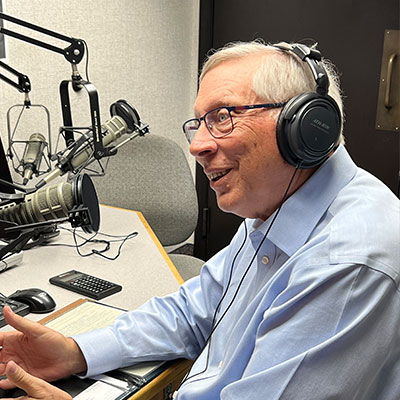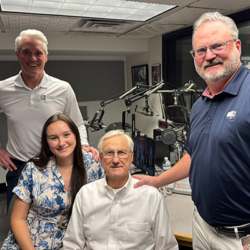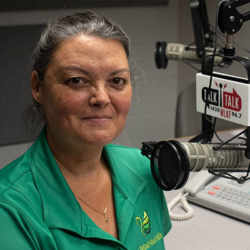
Bowlin’s Alley E2
Hosted by: Dr. Lyle Bowlin
July, 2022The four stages of becoming a good steward, both professionally and personally, is our topic for this episode, and how by doing this, you will find your passion and develop your skills to impact your finances positively.
In this episode we cover:
- What are the stages of becoming a good steward in life (2:03)
- For most people, they spend their entire career in stage three of this process and what you need to do to meet your full potential (8:04)
- One can’t become unconsciously competent if all you learn is your field (9:55)
- How many people get to the final stage of stewardship (12:00)
- How does one get to quantum competence (13:34)
- The math behind compounding interest and the rule of 72 (18:20)
- Using a salary of $50K per year to explain inflation and the power of compounding interest in your life (19:46)
- Our buying power is not going up, but we are spending more (26:11)
- If you find where your professional passion, this will allow you to make financial jumps in your income (30:26)
- The “ah-ha” moment of forty years of tithing to a church and retirement saving shows the power of compounding (33:47)
- Becoming a good steward will help you do what you have been called to do and touch many lives (36:24)
- Once you get started, you will be able to make an impact (36:59)
Links From the Show:
Allen & Company
Compounding Interest
Four Stages of Stewardship
Steward
Connect with:
Dr. Lyle Bowlin– Financial Advisor at Allen & Company
Allen & Company – Dr. Lyle Bowlin
LinkedIn – Dr. Lyle Bowlin
The opinions voiced in this program are for general information only and are not intended to provide specific advice or recommendations for any individual. To determine which strategies or investments may be suitable for you, consult an appropriate qualified professional prior to making a decision.
The rule of 72 is a mathematical concept and does not guarantee investment results nor functions as a predictor of how an investment will perform. It is an approximation of the impact of a targeted rate of return. Investments are subject to fluctuating returns and there is no assurance that any investment will double in value.




